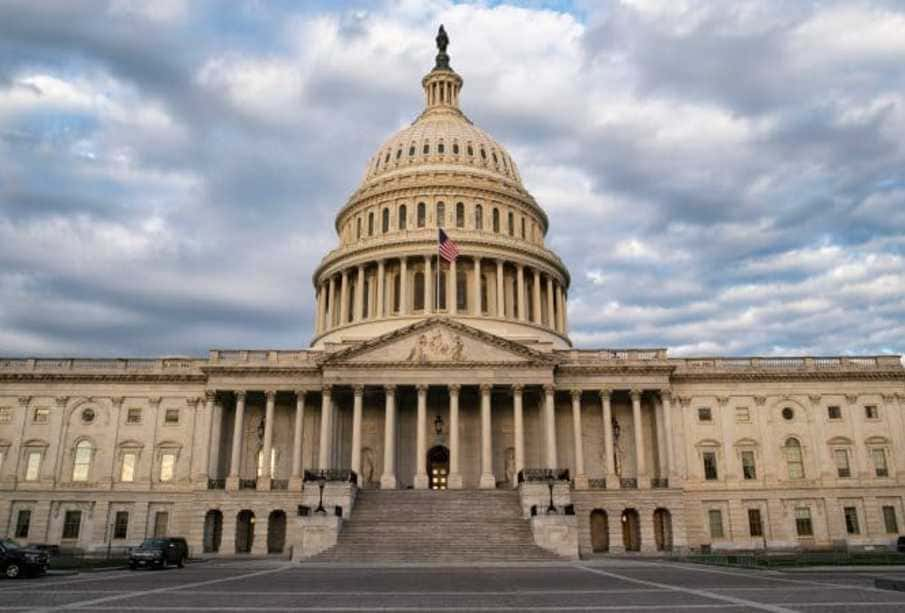The U.S. Senate on Friday rejected an amendment to more than double the federal minimum wage over five years, as it launched what is expected to be a long debate over President Joe Biden’s $1.9 trillion COVID-19 relief bill.
The vote on the proposal offered by Senator Bernie Sanders, an independent aligned with Democrats, was the first in what is expected to be a lengthy series of amendments on the bill that could extend into the weekend.
The Senate fell far short of the 60 votes needed to overrule the Senate parliamentarian’s decision that a minimum wage increase cannot be included in the bill because of special rules governing debate.
Those rules allow for advancing the emergency spending bill, which the Biden administration says is needed to stem the continuing economic fallout from the pandemic, with only a simple majority of supporters in the 100-member Senate, instead of 60 votes needed for most bills to clear procedural hurdles.
Sanders was attempting to raise what he called a “starvation wage” of $7.25 an hour to $15 over a five-year period.
Democrats pledged to continue pursuing the minimum wage increase in legislation separate from the COVID-19 aid bill.
Partisan fevers were on display following a night in which Senate clerks spent nearly 11 hours reading every word of the 628-page Democratic bill.
Senate Majority Leader Chuck Schumer thanked Senate staff for enduring the early-morning ordeal and added, “As for our friend from Wisconsin, I hope he enjoyed his Thursday evening.”
Schumer was referring to Republican Senator Ron Johnson, who insisted that the text of the bill be read aloud.
Liberal and moderate Democrats struck a deal to offer an amendment that would scale back federal unemployment benefits in the bill to $300 per week, from the proposed $400, a Senate Democratic aide said on Friday.
The aide, who asked not to be identified, said Democratic Senator Tom Carper will offer an amendment that would also make the first $10,200 of unemployment benefits non-taxable, a provision that was not included in the bill passed by the House of Representatives.
The aide also said the amendment would extend a tax rule on business losses for an additional year, through 2026.
As Congress raced to approve the economic stimulus bill, the U.S. Labor Department reported on Friday that U.S. employment surged in February, adding 379,000 jobs, significantly higher than many economists had expected.
The U.S. unemployment rate, while still high at 6.2% last month, was down from 6.3% in January.
But Schumer stressed that with millions of jobs still lost to the pandemic and people struggling to pay their rent, Washington had to act aggressively.
“Sometimes the macro statistics get in the way. The top-end (of Americans) is doing very well … But so many other people are struggling,” he said. (Reuters)


